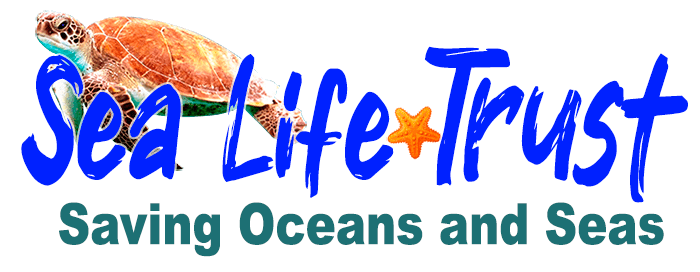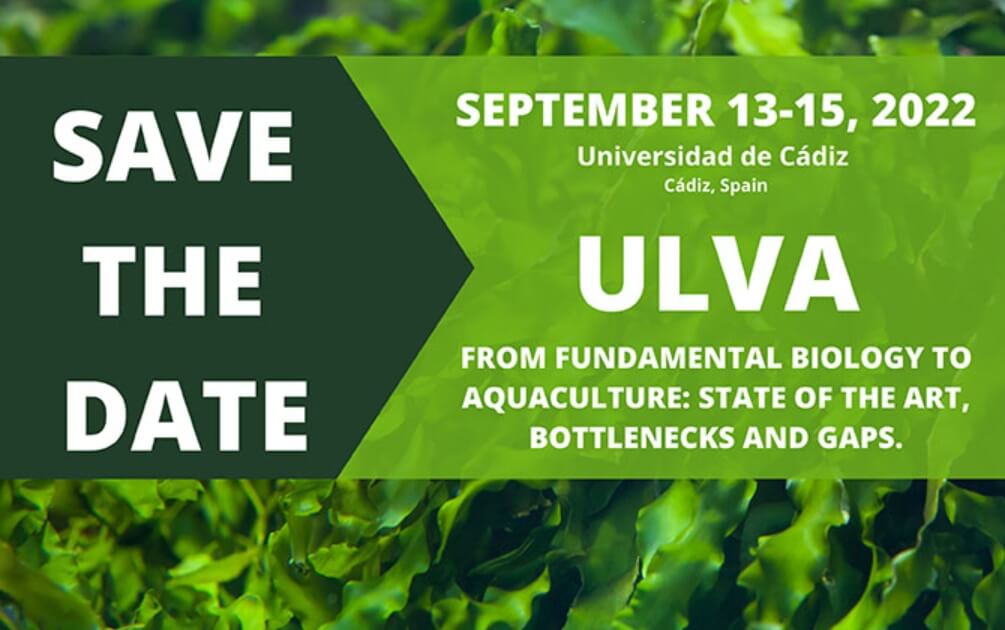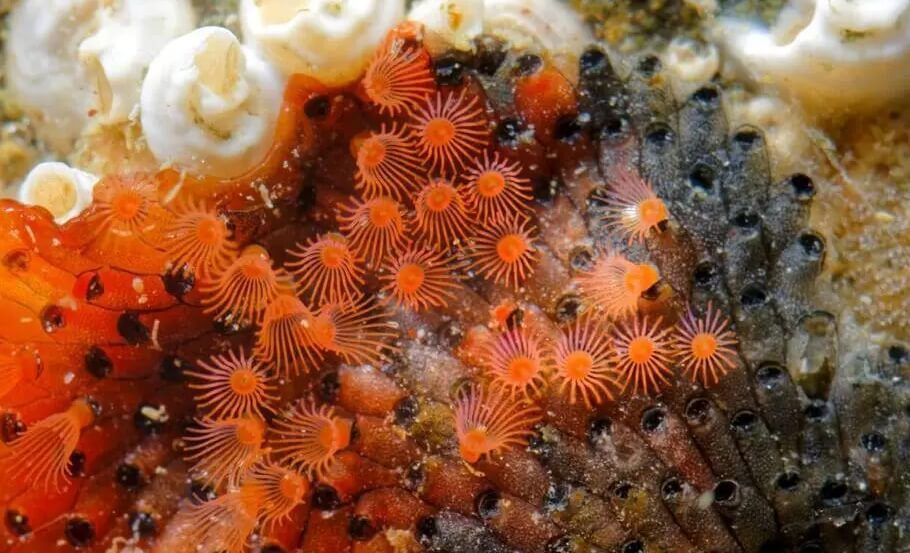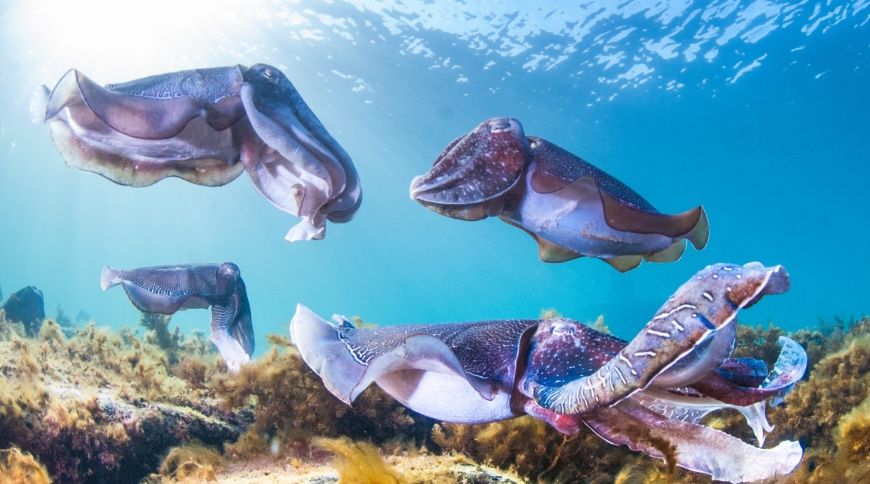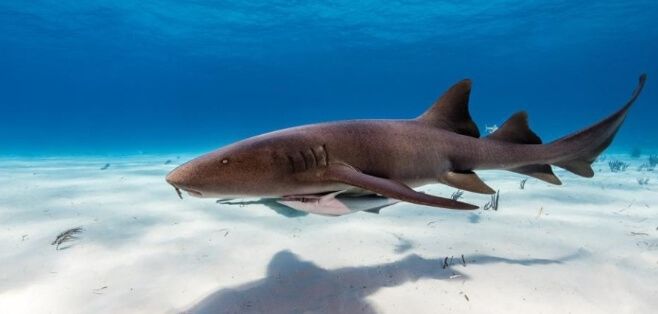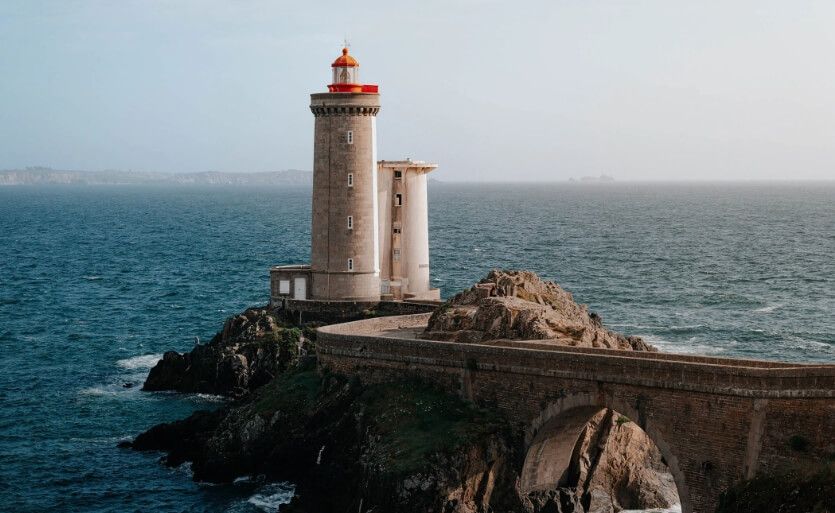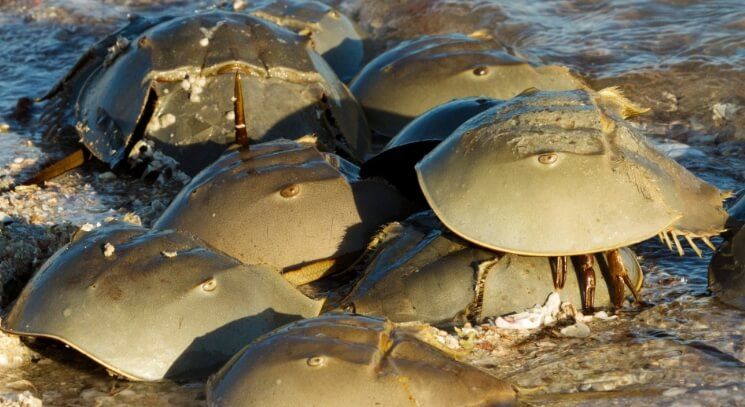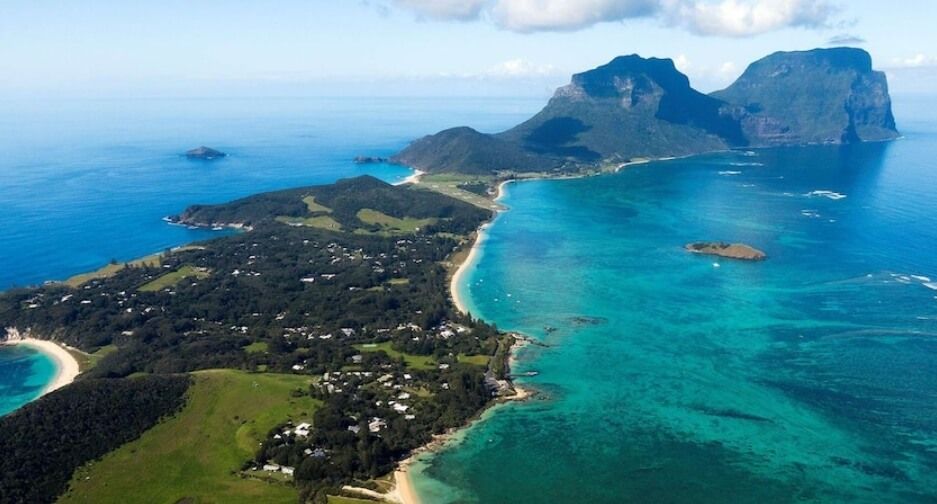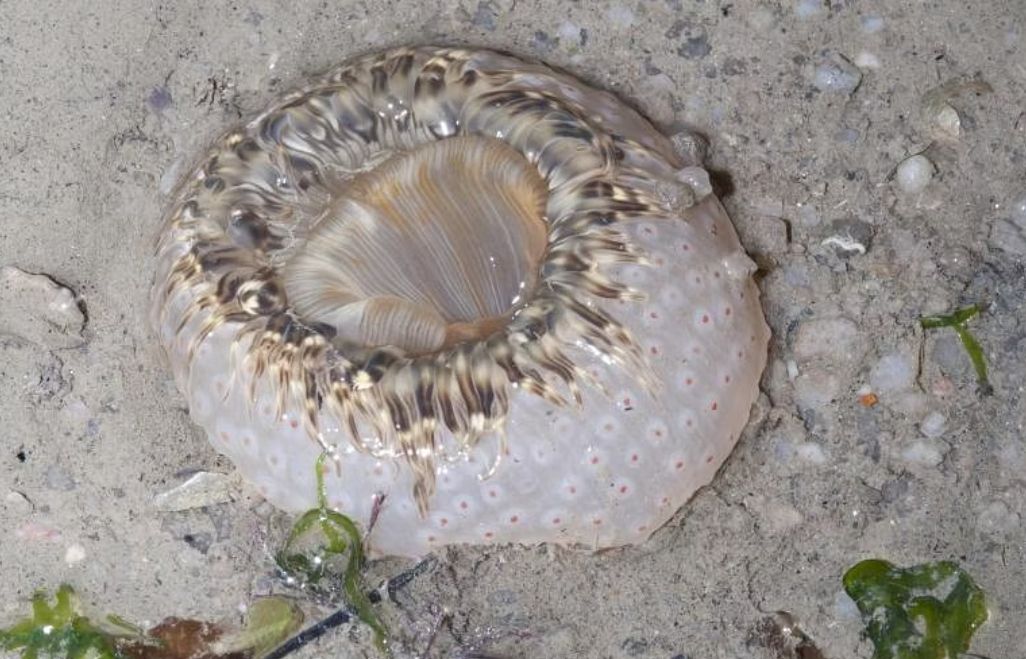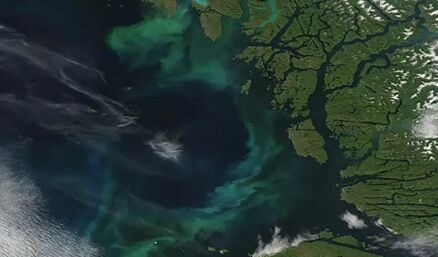The University of Cádiz and the Technological Center for Aquaculture (CTAQUA) are jointly organizing the ULVA International Conference, which will be held from September 12 to 15 at the Faculty of Philosophy and Letters. This prestigious event will bring together more than 80 participants from academia and industry representing 25 countries across Europe, Australia, the US, Korea, and Puerto Rico.
Exploring the Potential of Ulva Algae
The ULVA conference will be centered around Ulva algae species, which are widely distributed in coastal ecosystems worldwide. These algae have a long history of use as food, fertilizer, and feed ingredients. Moreover, their extracts have shown immense potential in various applications, ranging from functional compounds in aquaculture feed to usage in cosmetics, pharmaceuticals, and medical biomaterials.
Program Highlights
The Aula Magna of the Faculty of Philosophy and Letters at the University of Cadiz will host the conference, offering an array of activities for participants. The program includes enlightening conferences, informative poster presentations, and a dedicated meeting for small and medium enterprises (SMEs) focused on seaweed cultivation and applications. Additionally, an engaging showcooking event featuring Ulva and other macroalgae will be conducted by the talented Israeli chef, Boaz Tsairi.
Welcome Addresses
The local organizing committee, represented by Erik Malta, the researcher and head of the Department of Applied Research and Innovation at CTAQUA, and Ignacio Hernández, the Professor of Ecology at the University of Cádiz, will extend their warm welcome to the attendees at 5:30 p.m. Following this, esteemed personalities including the vice-rector for Scientific and Technological Policy of the UCA, Mª Jesús Mosquera, the Councilor for the Environment of the Cádiz City Council, Rocío Sáez, the managing director of CTAQUA, Juan Manuel García de Lomas, and the president of the COST Action SeaWheat, Muki Spighel, will address the gathering.
The COST SeaWheat Action
The ULVA International Conference is part of the larger COST SeaWheat action, an initiative aimed at harnessing the potential of Ulva algae and exploring its commercial applications in human food, animal feed, pharmaceuticals, and more. This action, titled “The Sea Wheat of Tomorrow: Ulva, a Model for Innovative Marine Aquaculture,” is supported by the European Union and has garnered the participation of over 100 scientists from 28 countries, united to advance the understanding of this species. The action is led by Professor Muki Shpigel of the University of Haifa, Israel.
The ULVA International Conference in Cádiz provides a vital platform for scientists and industry experts from around the world to share knowledge and insights on macroalgae, particularly Ulva species. By exploring the commercial applications of Ulva, the conference aims to unlock its potential in various sectors, including aquaculture, pharmaceuticals, and more. The collaborative efforts of participants, supported by the COST SeaWheat action, hold the promise of driving innovation and sustainability in marine aquaculture and environmental preservation. The exchange of ideas and research findings at this conference will undoubtedly contribute to a deeper understanding of macroalgae and their applications, ushering in a greener and more sustainable future for marine ecosystems.
